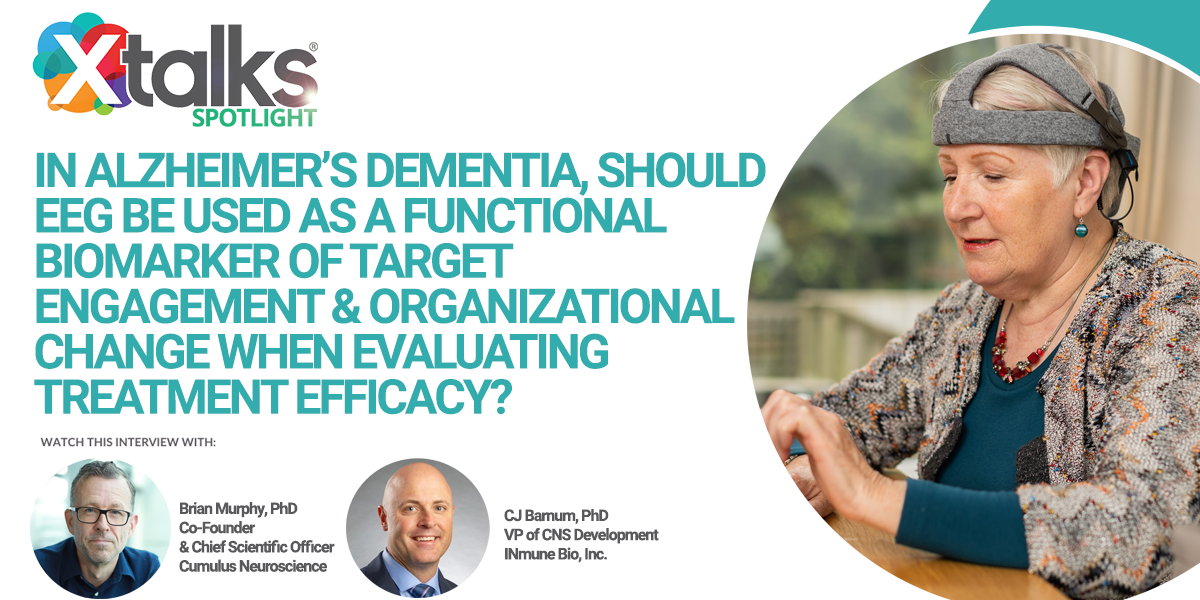Pulmonary fibrosis is a chronic and progressive lung disease characterized by the scarring and thickening of the lung tissues. This condition leads to a gradual decline in lung function, making it increasingly difficult for individuals to breathe and obtain an adequate oxygen supply. The term “pulmonary fibrosis” encompasses a group of disorders that share similar pathological changes in the lungs. Clinical trials for pulmonary fibrosis are being conducted to evaluate the effectiveness of novel therapies and interventions, providing hope for improved outcomes in the future.
Pulmonary fibrosis can affect people of all ages and ethnicities worldwide, although it usually happens between the ages of 50 to 70.
In the US, it is estimated that around 250,000 people are living with pulmonary fibrosis, with approximately 50,000 new cases diagnosed each year.
The exact cause of pulmonary fibrosis is often unknown, and in such cases, it is referred to as idiopathic pulmonary fibrosis (IPF); however, certain factors can contribute to the development of pulmonary fibrosis, including environmental and occupational exposures, certain medications, autoimmune diseases and genetic predisposition. Exposure to substances like asbestos, silica dust and certain chemicals has been linked to the development of pulmonary fibrosis.
Pulmonary fibrosis is a serious condition that can significantly impact life expectancy. The mortality rates associated with pulmonary fibrosis vary depending on the stage and severity of the disease. The average survival time after diagnosis is estimated to be around three to five years; however, some individuals may experience a slower progression of the disease and live longer, while others may deteriorate more rapidly.
RELATED: New Report Highlights Major Barriers to IPF Disease Management
Clinical trials for pulmonary fibrosis play a crucial role in advancing our understanding of the disease and developing new treatment options. They aim to improve patient outcomes, slow disease progression and enhance quality of life. Here’s an overview of clinical trials for pulmonary fibrosis:
- Drug trials: These trials may involve investigational drugs targeting specific pathways involved in fibrosis or assessing the efficacy of approved drugs in combination therapy. The goal is to identify treatments that can slow down or halt the progression of fibrosis, reduce inflammation and improve lung function.
- Anti-fibrotic therapies: Anti-fibrotic drugs have shown promise in treating pulmonary fibrosis. Clinical trials assess the safety and efficacy of these medications, such as Boehringer Ingelheim’s Ofev (nintedanib) and Genentech’s Esbriet (pirfenidone), in slowing disease progression, improving lung function and increasing survival rates. Researchers continue to explore new anti-fibrotic agents and combinations to enhance treatment outcomes.
- Stem cell/cell-based therapies: Stem cell therapy holds potential for regenerating damaged lung tissue and slowing the progression of fibrosis. Clinical trials are investigating the use of stem cells in improving lung function and quality of life for pulmonary fibrosis patients. Cellular therapies, such as mesenchymal stem cell infusions, are being studied in clinical trials to assess their potential in reducing inflammation and promoting tissue repair in pulmonary fibrosis patients.
- Combination therapies: Given the complex nature of pulmonary fibrosis, researchers are exploring combination therapies that target multiple pathways involved in the disease. These trials investigate the safety and efficacy of combining different drugs or treatment modalities to enhance their effectiveness in slowing disease progression, improving symptoms and prolonging survival.
Participation in clinical trials provides an opportunity for patients with pulmonary fibrosis to access cutting-edge treatments and contribute to the advancement of medical knowledge; however, it’s important to carefully consider the risks and benefits of participation, and individuals should consult with their healthcare providers to determine if a clinical trial is suitable for their specific situation.
Overall, clinical trials for pulmonary fibrosis are crucial for identifying innovative treatments, improving patient care, and ultimately finding a cure for this debilitating disease.

Senior Medical Advisor
Research and Health Care Quality
Pulmonary Fibrosis Foundation; and
Associate Professor
University of Colorado
The Pulmonary Fibrosis Foundation is a nonprofit organization dedicated to improving the lives of individuals living with pulmonary fibrosis and finding a cure for the disease. It was founded in 2000 by a group of patients, caregivers and medical professionals who recognized the need for increased awareness, research and support for those affected by pulmonary fibrosis.
To gain more insights about clinical trials for pulmonary fibrosis, Xtalks spoke with Dr. Joyce Lee, MD, MS, Senior Medical Advisor, Research and Health Care Quality at the Pulmonary Fibrosis Foundation. Dr. Lee discusses the disease-specific barriers that patients face when enrolling in clinical trials for pulmonary fibrosis and more. Read on to learn more from Dr. Lee.
Has there been any recent progress for the earlier identification of pulmonary fibrosis?
Dr. Lee: The identification of early pulmonary fibrosis has important clinical implications, and on a population level, is associated with an increased risk of death. Work has been done that identifies “high-risk” individuals, which not only includes those with a family history of pulmonary fibrosis, but also those with underlying conditions, such as rheumatoid arthritis. Many investigators are interested in these early forms of pulmonary fibrosis and future work will focus on determining if early intervention has an impact on early forms of disease.
How can the patient’s voice be incorporated in clinical trials for pulmonary fibrosis?
Dr. Lee: Including patients in the development of clinical trials is critical. The involvement of patients from the start of the drug discovery process can be very meaningful for those developing potential therapies. Hearing how the disease has impacted their lives can help scientists understand the disease in a more meaningful way.
Further, patients can also provide valuable input on clinical trial design — not only with regard to study burden but also by providing input on outcomes that are most important to them.
What are some disease-specific barriers that patients with pulmonary fibrosis face when enrolling in clinical trials?
Dr. Lee: Travel can be difficult for patients with pulmonary fibrosis, particularly when it comes to coordinating oxygen. Travel can also be burdensome as trials are often delivered out of academic centers and many patients have to drive long distances to see their provider and participate in a clinical trial.
Another potential barrier includes the extensive inclusion/exclusion criteria that exclude many willing participants from participating.
Last, reliance on pulmonary function testing (PFT) is a potential barrier to participation in clinical trials. While they are the cornerstone of monitoring disease activity, PFTs can be difficult for patients to perform and can worsen their cough, fatigue and breathlessness.
How can minority participation and awareness of clinical trials for pulmonary fibrosis be improved?
Dr. Lee: I think there are several ways minority participation can be improved: recruiting from sites/geographic locations that have a larger minority population; providing non-English language translations of study fliers and consents; outreach through community organizations and foundations; and consideration of minority-specific barriers in the study design/frequency of visits/travel distance, etc.
Has the Pulmonary Fibrosis Foundation recently contributed to any breakthroughs in pulmonary fibrosis treatment?
Dr. Lee: While the PFF does not directly fund therapeutic trials in the treatment of pulmonary fibrosis (PF), it does partner with investigators, the NIH and pharmaceutical companies, to advance research and therapeutics for patients living with pulmonary fibrosis. One example of this is the PRECISIONS study. This is the first pharmacogenomic study in IPF patients sponsored by the NIH.
Further, PRECISIONS, and dozens of other studies, would not be possible without the Pulmonary Fibrosis Foundation Registry (PFF Registry). This nationwide research program collects data from patients living with pulmonary fibrosis. The PFF Registry offers a wealth of disease characteristics and longitudinal data to stimulate research and assist in clinical trial recruitment in pulmonary fibrosis.
Please tell us about the work you are doing at the Pulmonary Fibrosis Foundation.
Dr. Lee: I am the Senior Medical Advisor for Health Care Quality and Research. In my role, I have been trying to help the Pulmonary Fibrosis Foundation understand differences in health care delivery and infrastructure across the PFF Care Center Network. We are hoping to identify best practices that can improve patient care across the network.
In addition, I help monitor the progress of our Pulmonary Fibrosis Foundation Scholars and provide input on research-related issues and initiatives within the PFF Registry.












Join or login to leave a comment
JOIN LOGIN